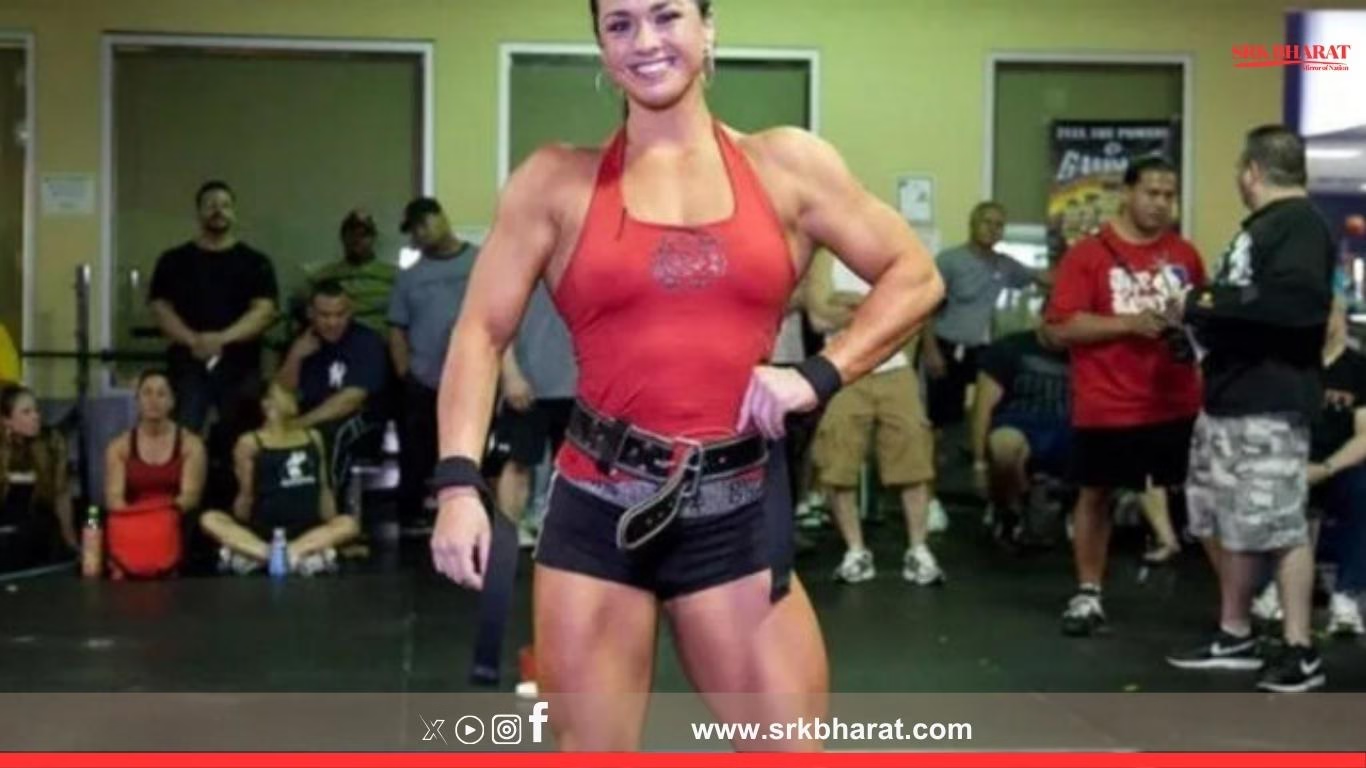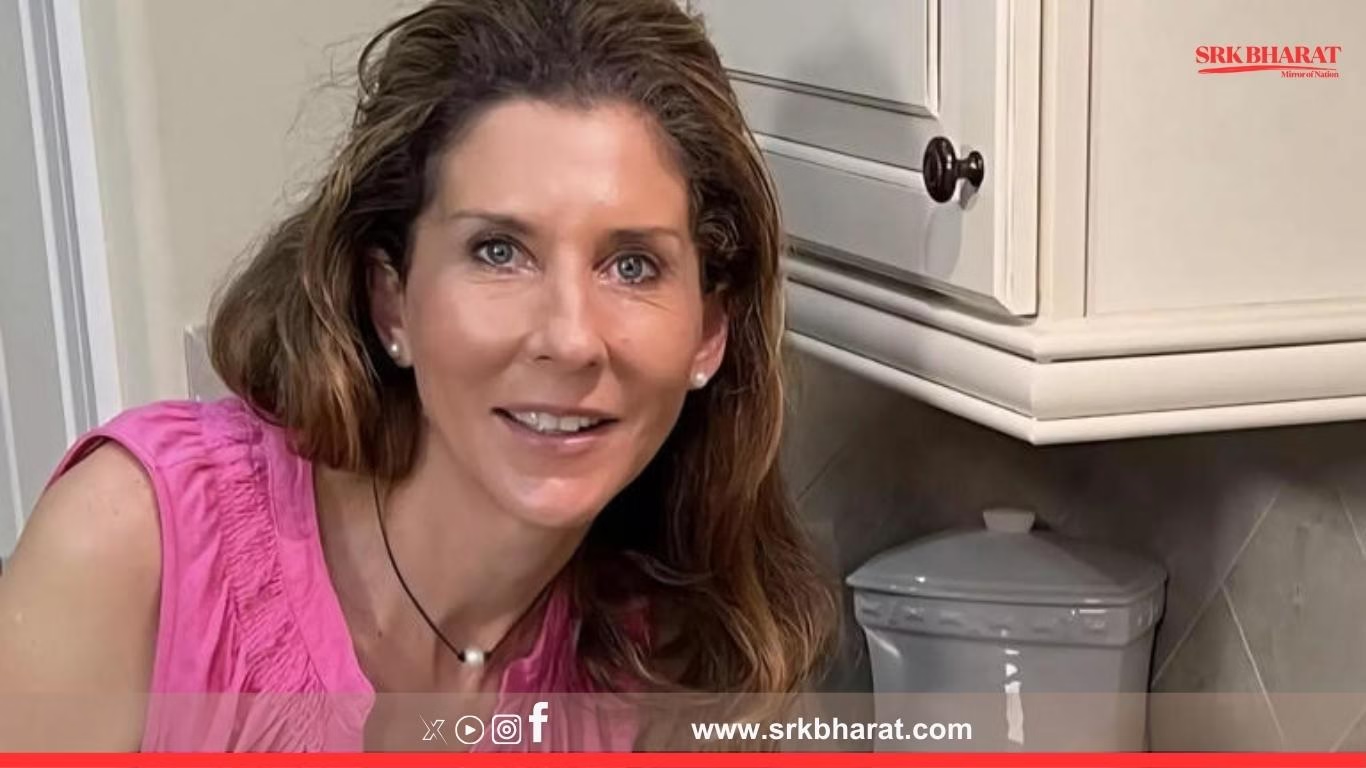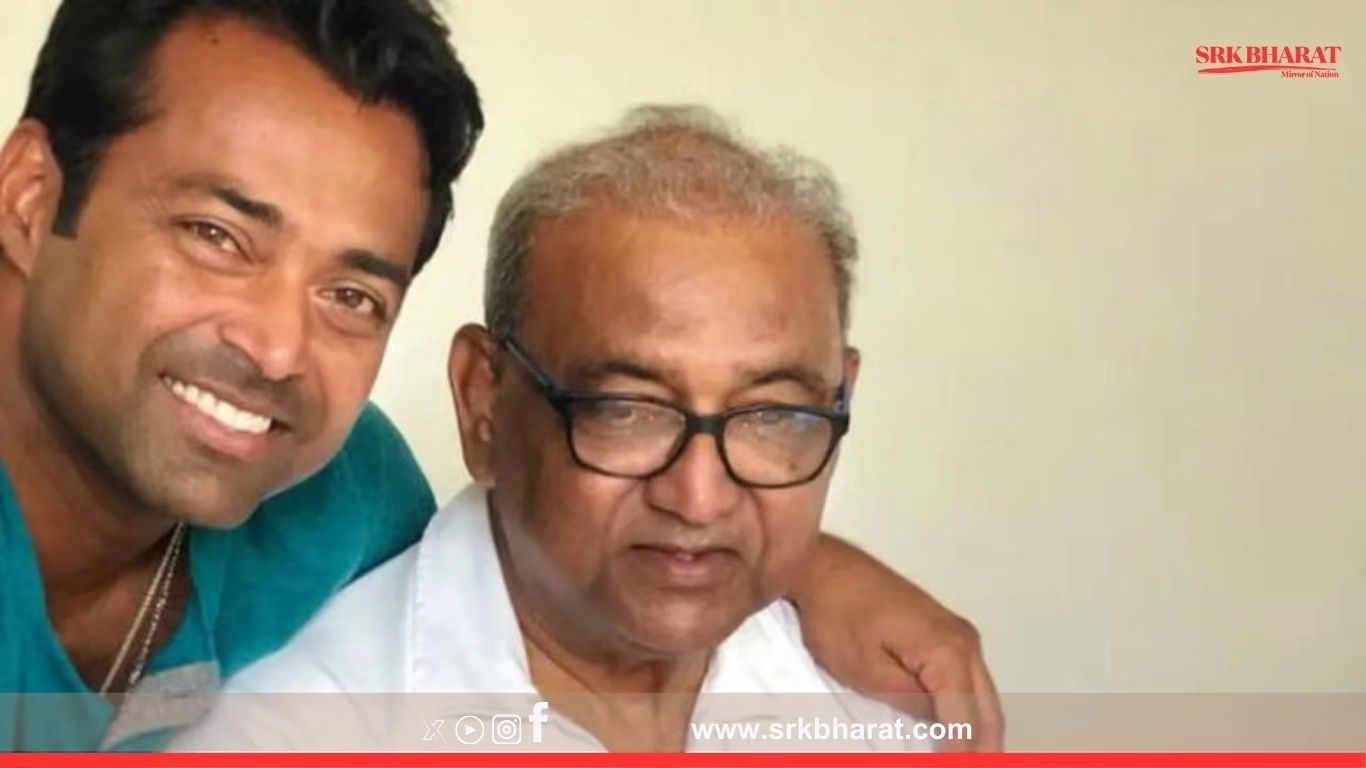The bodybuilding community has been left in shock after the sudden and unexpected death of Hayley McNeff, a 37-year-old champion bodybuilder known for her dedication, discipline, and inspiring fitness journey. McNeff’s passing has raised many questions, not only about the circumstances of her death but also about the broader issue of health risks within competitive bodybuilding.
While official medical details surrounding her passing have not been fully disclosed, early reports indicate that McNeff died unexpectedly at her home. Her death has drawn attention from fitness professionals, medical experts, and fans worldwide, many of whom are reflecting on the extreme pressures that come with competitive bodybuilding.
Who Was Hayley McNeff?
Hayley McNeff was more than just a professional bodybuilder — she was an inspiration to countless women in fitness, especially those who admired her strength, resilience, and ability to break stereotypes in a male-dominated sport. Known for her muscular definition, stage confidence, and consistent performance in competitions, McNeff had become a recognizable figure in the bodybuilding world.
She started her fitness journey at a young age, inspired by health and wellness, before transitioning into competitive bodybuilding. Over the years, she earned accolades in regional and national competitions, admired not just for her physique but for her strong advocacy of women pursuing strength-based sports.
The Shocking Nature of Her Passing
At just 37 years old, McNeff’s passing has been described as both “unexpected” and “devastating” by friends and fans. While the exact cause of death remains unconfirmed, her sudden demise has reignited discussions around the health risks associated with bodybuilding, particularly at elite levels.
Unlike mainstream fitness, professional bodybuilding often involves:
- Intense training regimens that put enormous stress on the body.
- Extreme dieting and dehydration cycles for stage preparation.
- Use of performance-enhancing substances, which can strain organs.
- Mental and physical exhaustion caused by the demands of maintaining low body fat and high muscle mass.
Potential Health Risks in Competitive Bodybuilding
Although it is not yet known whether McNeff’s death was directly linked to bodybuilding-related health risks, medical experts highlight several areas of concern in the sport:
| Risk Factor | Explanation | Potential Impact |
|---|---|---|
| Extreme Dieting & Dehydration | Cutting water and carbs before competitions | Electrolyte imbalance, kidney stress |
| Steroid & Supplement Use | Anabolic steroids, fat burners, stimulants | Heart disease, liver toxicity, hormonal imbalance |
| Excessive Training | High-intensity resistance and cardio | Risk of cardiac arrest, chronic fatigue |
| Mental Stress | Pressure to maintain physique | Depression, anxiety, eating disorders |
These risks don’t affect every athlete, but they highlight the importance of balance and medical supervision in competitive bodybuilding.
Women in Bodybuilding: Breaking Barriers but Facing Risks
McNeff’s journey also highlights the unique challenges faced by female bodybuilders. While the sport has grown in popularity among women, it often demands even greater sacrifices due to social pressure, hormonal factors, and the extra effort required to achieve the same muscle density as men.
Studies suggest that female bodybuilders may face:
- Higher risks of menstrual irregularities.
- Hormonal imbalances from certain supplements.
- Greater cardiac risks due to metabolic strain.
Hayley McNeff had been an advocate for women in bodybuilding, frequently emphasizing the importance of strength, empowerment, and discipline. Her legacy continues to inspire women to pursue fitness without compromise.
Bodybuilding, Sudden Deaths, and Growing Concerns
McNeff’s passing is not an isolated case. Over the last decade, several high-profile bodybuilders have died at relatively young ages, raising concerns about the toll extreme bodybuilding places on the human body.
Some notable cases include:
- Bodybuilders suffering from heart complications in their 30s and 40s.
- Reports of liver and kidney failures linked to supplement misuse.
- Deaths associated with cardiovascular stress caused by extreme bulking and cutting cycles.
While not every athlete engages in harmful practices, the cases highlight a need for greater awareness and medical monitoring within the sport.
Lessons from Hayley McNeff’s Passing
Hayley McNeff’s death is a sobering reminder that even the strongest, healthiest-looking athletes may face unseen health risks. Her passing emphasizes:
- The Importance of Regular Medical Checkups – Athletes should undergo consistent health screenings for the heart, liver, kidneys, and hormones.
- Balanced Training & Recovery – Rest and recovery are as vital as training intensity.
- Avoiding Extreme Practices – Dehydration, starvation diets, and unsafe supplements can lead to sudden health complications.
- Mental Health Awareness – The psychological toll of maintaining competition-level physiques should not be underestimated.
The Legacy of Hayley McNeff
Despite her untimely passing, Hayley McNeff’s influence on the bodybuilding community will endure. She inspired countless individuals to pursue strength and fitness, proving that women could excel at the highest levels of bodybuilding. Fans remember her not only as a competitor but as a role model for dedication, passion, and resilience.
Her sudden death is a reminder to the fitness community that health should always remain the top priority, even in competitive sports. While her journey ended too soon, her story will continue to inspire athletes to pursue fitness with balance, awareness, and caution.
Comparative View: Lifestyle of Competitive vs. Recreational Athletes
| Category | Competitive Bodybuilders | Recreational Fitness Enthusiasts |
|---|---|---|
| Training | 2–3 sessions daily | 3–5 sessions weekly |
| Diet | Extreme cycles of bulking & cutting | Balanced, sustainable eating |
| Supplement Use | Often high, with risk of misuse | Moderate, health-focused |
| Health Risks | Cardiac strain, organ stress, hormonal imbalance | Lower risk, sustainable fitness |
| Longevity | Sometimes compromised | Often better with balance |
Conclusion
The unexpected death of Hayley McNeff at just 37 years old has sent shockwaves through the bodybuilding and fitness world. While her exact cause of death is not yet known, her passing has reignited concerns about the risks associated with competitive bodybuilding, particularly the physical and psychological demands placed on athletes.
Her life, however, remains a testament to passion, perseverance, and breaking barriers for women in strength sports. McNeff’s legacy will continue to encourage athletes to pursue their dreams — but also to prioritize their health above all else.
Disclaimer: This article is for informational purposes only and should not be taken as medical or investigative confirmation of Hayley McNeff’s cause of death. Readers are advised to consult medical professionals for health-related guidance.











